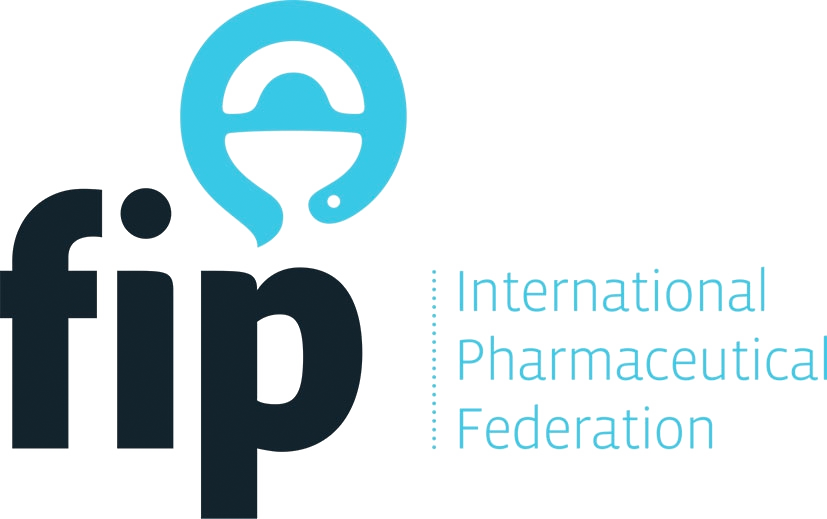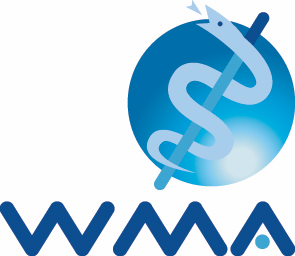January 2017
Honourable Chairperson, Distinguished Delegates,
I am representing the International Pharmaceutical Federation (FIP). This statement is supported by the World Health Professions Alliance, which gathers the international organisations representing the world’s physicians, nurses, pharmacists, dentists and physical therapists.
The WHPA welcomes the progress made by the mechanism. We observe, with interest, the increasing and varying initiatives from governments, and from public and private sectors. However we call for consistency, integration and coordination of solutions at both local and international level.
With reference to the section on guidance on developing a national plan […] on page 6, Appendix 1, contained in the report 140/23, we have developed numerous tools that directly support this effort and help achieve associated goals.
For example, to sensitise stakeholders on the risks as per clause 5, on page 10 of report 140/23, we produced an innovative interactive video to raise awareness on the risks of SSFFCs and to prevent them. This campaign targeted the public, health care professionals and policymakers.
It has been viewed over 165,000 times since its launch in September 2016. It is available at http://whpa.org.
In support of point 5.3 Educate and increase awareness […] specifically to health professionals in general, the WHPA developed a handbook for health care professionals with strategies for detecting counterfeit medicines as well as advice on how to minimise the threat and change behaviours.1 We therefore call on member states to involve health care professionals in policy decisions so that these are appropriate to real-life and more likely to be put into practice.
Finally, we welcome the invitation to NGOs to review the work of the mechanism. We hope this is the first step towards our active engagement in the mechanism.
Thank you.




